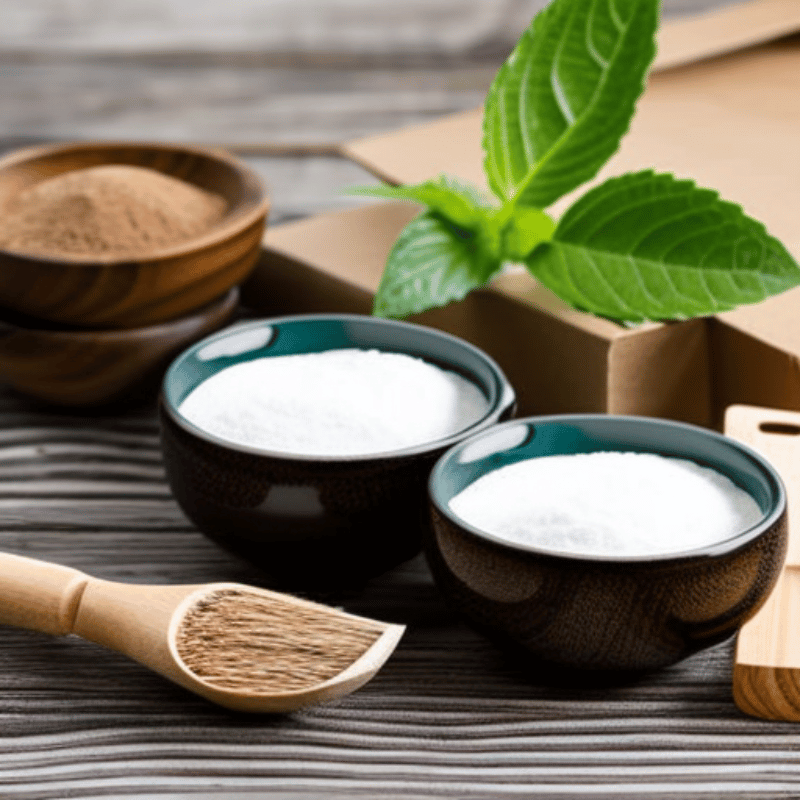Staying hydrated is a crucial aspect of overall health and wellness, yet many people don’t give it the attention it deserves. Proper hydration is essential for physical and mental health, and can have a significant impact on daily life. In this article, we’ll explore the physiology of hydration, the factors that affect hydration, and strategies for staying hydrated. By understanding the importance of hydration and implementing these strategies, you can enjoy all the benefits that come with proper hydration.
The Physiology of Hydration
Water is an essential component of the body, playing a crucial role in maintaining overall health. The body is made up of 60% water, and this fluid is essential for many of the body’s functions. Water helps regulate body temperature, remove waste, and transport nutrients throughout the body. When the body is dehydrated, these functions can become impaired, leading to a variety of health problems.
The consequences of dehydration can be serious, including fatigue, headaches, and impaired cognitive function. In severe cases, dehydration can lead to more serious health problems, such as heat exhaustion or heat stroke. Proper hydration is also essential for physical health, as it helps the body perform at its best during physical activity. Dehydration can lead to decreased performance, increased risk of injury, and decreased energy levels.
Factors that Affect Hydration
There are several factors that can affect hydration, including climate and temperature, physical activity, medications, and health conditions. When it’s hot outside, the body loses more fluid through sweating, which can lead to dehydration. Physical activity also increases fluid loss through sweating, so it’s important to drink enough water before, during, and after exercise. Certain medications, such as diuretics, can also increase fluid loss and lead to dehydration. Health conditions, such as diabetes, can also affect hydration levels.
It’s important to be aware of these factors and adjust your fluid intake accordingly to ensure proper hydration. This can involve drinking more water, eating more hydrating foods, or adjusting medications.
Strategies for Staying Hydrated
There are several strategies you can use to stay hydrated, including drinking enough water, incorporating hydrating foods into your diet, monitoring urine color, and staying hydrated during physical activity. Drinking enough water is the most straightforward way to ensure proper hydration, and it’s recommended that adults drink at least 8 cups (64 ounces) of water per day.
Incorporating hydrating foods into your diet can also help you stay hydrated. Foods with high water content, such as fruits and vegetables, can help increase fluid intake. Monitoring urine color can also be a helpful way to gauge hydration levels. If your urine is light yellow, it’s a sign that you’re properly hydrated, while dark yellow urine is a sign that you need to drink more water.
Staying hydrated during physical activity is also important, as sweat and increased breathing can lead to increased fluid loss. Drinking water before, during, and after physical activity can help ensure proper hydration and prevent dehydration.
Conclusion
In conclusion, proper hydration is crucial for overall health and wellness. By understanding the physiology of hydration and the factors that affect it, you can make hydration a priority in your life. By implementing strategies for staying hydrated, such as drinking enough water, incorporating hydrating foods into your diet, and staying hydrated during physical activity, you can enjoy all the benefits that come with proper hydration. These benefits include improved physical and mental health, enhanced cognitive





